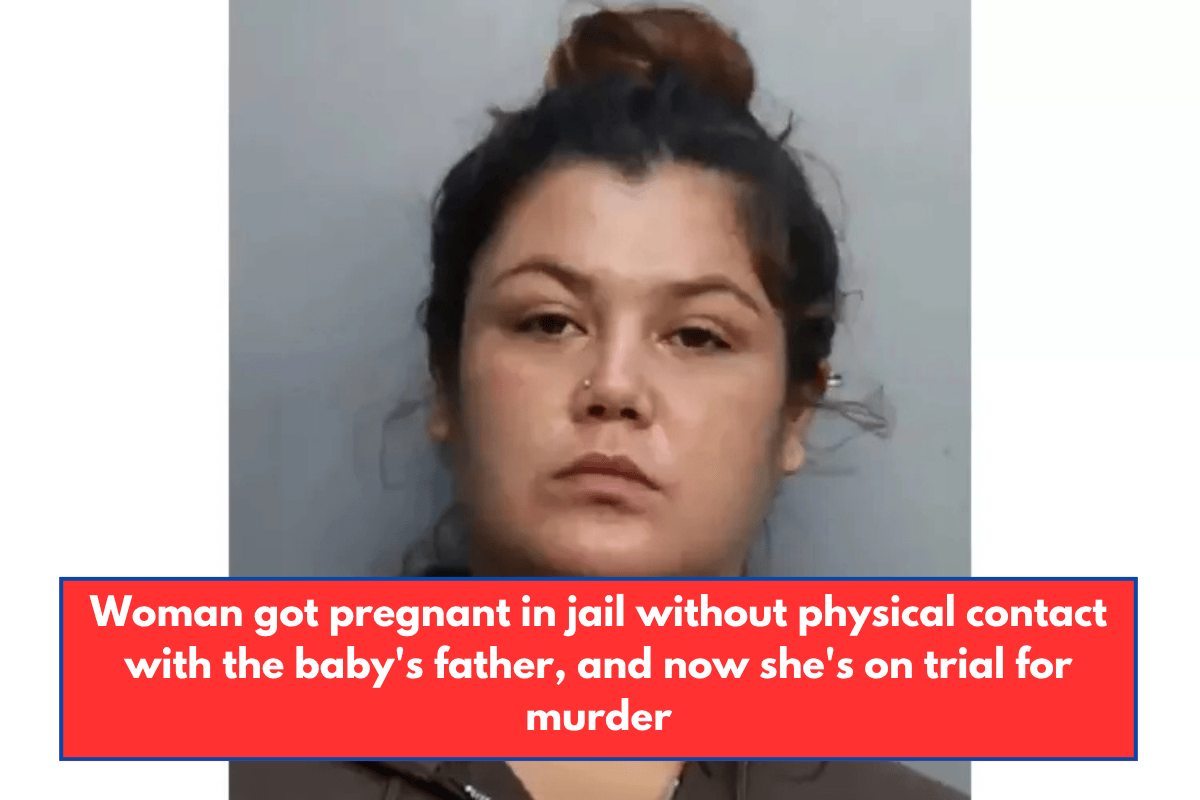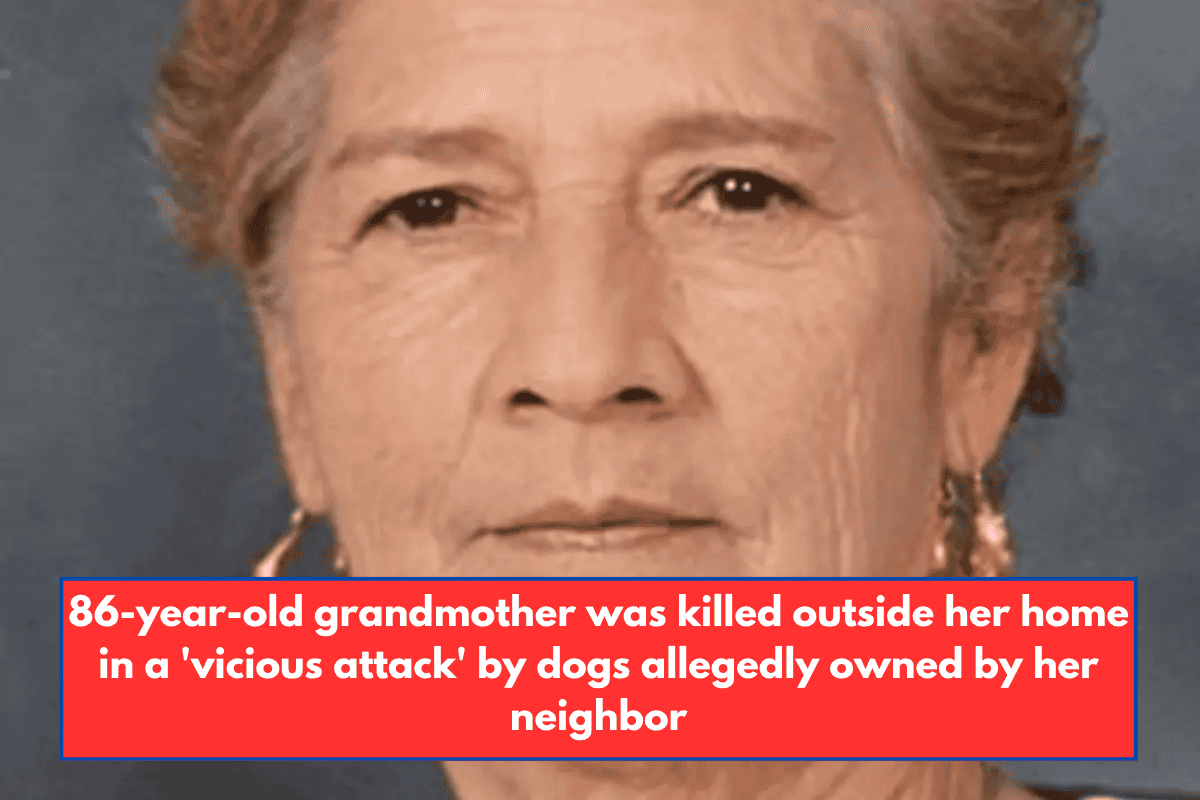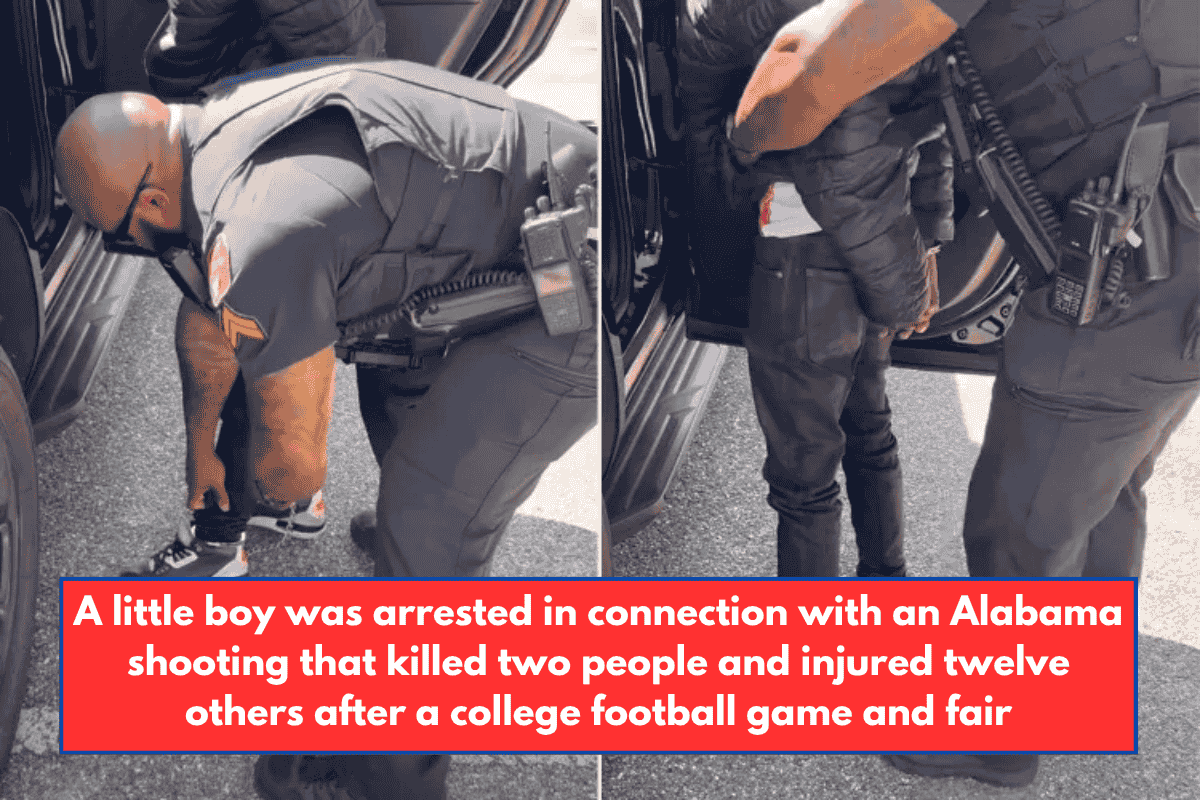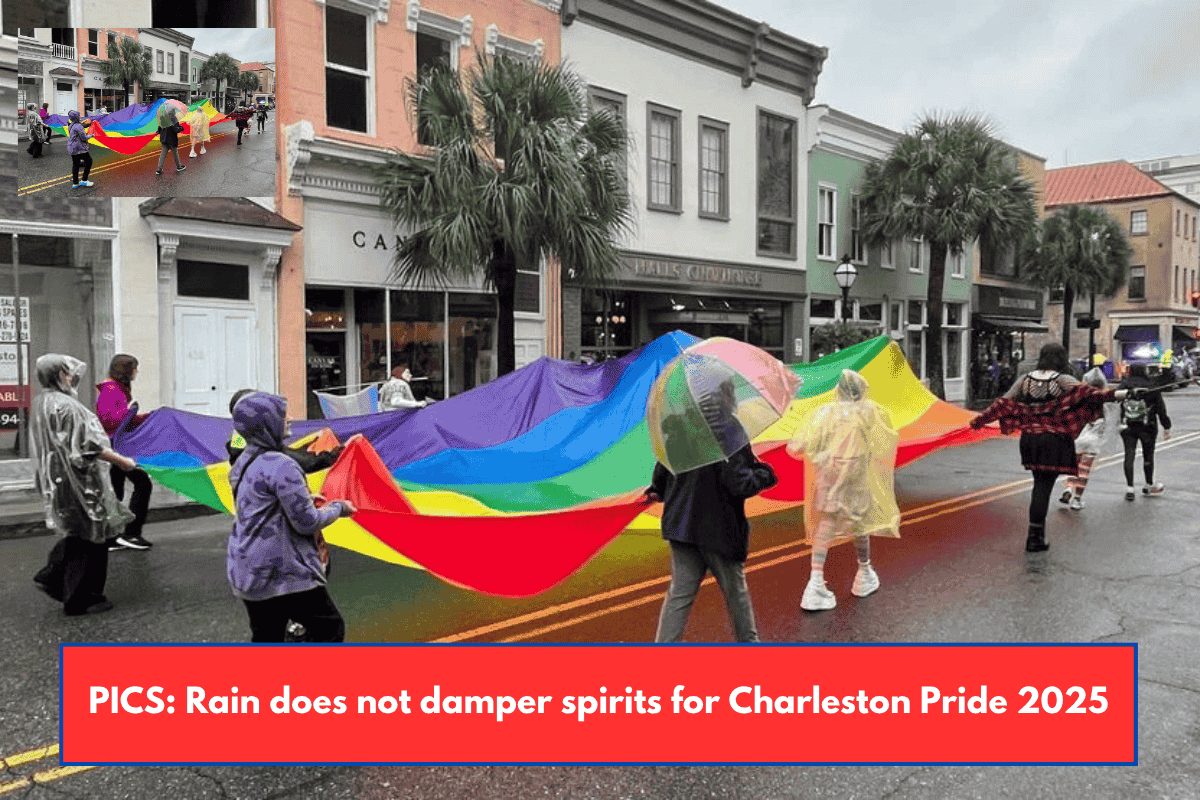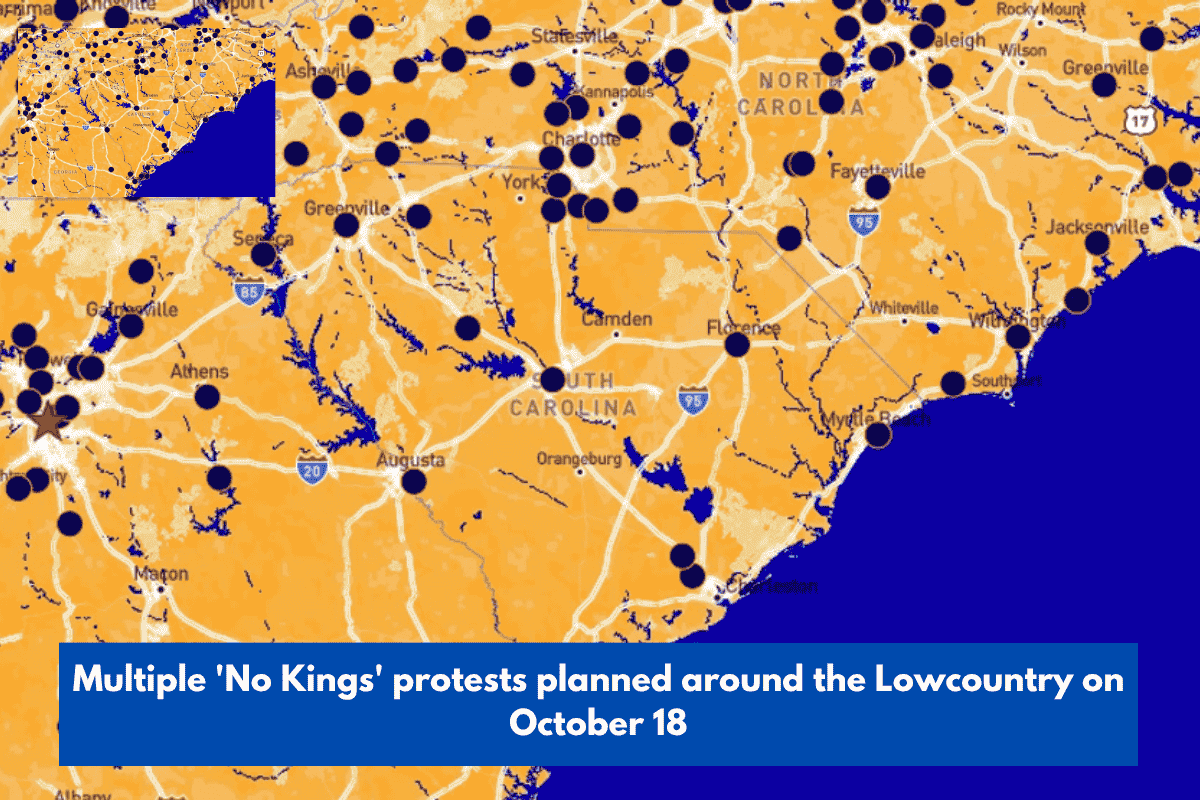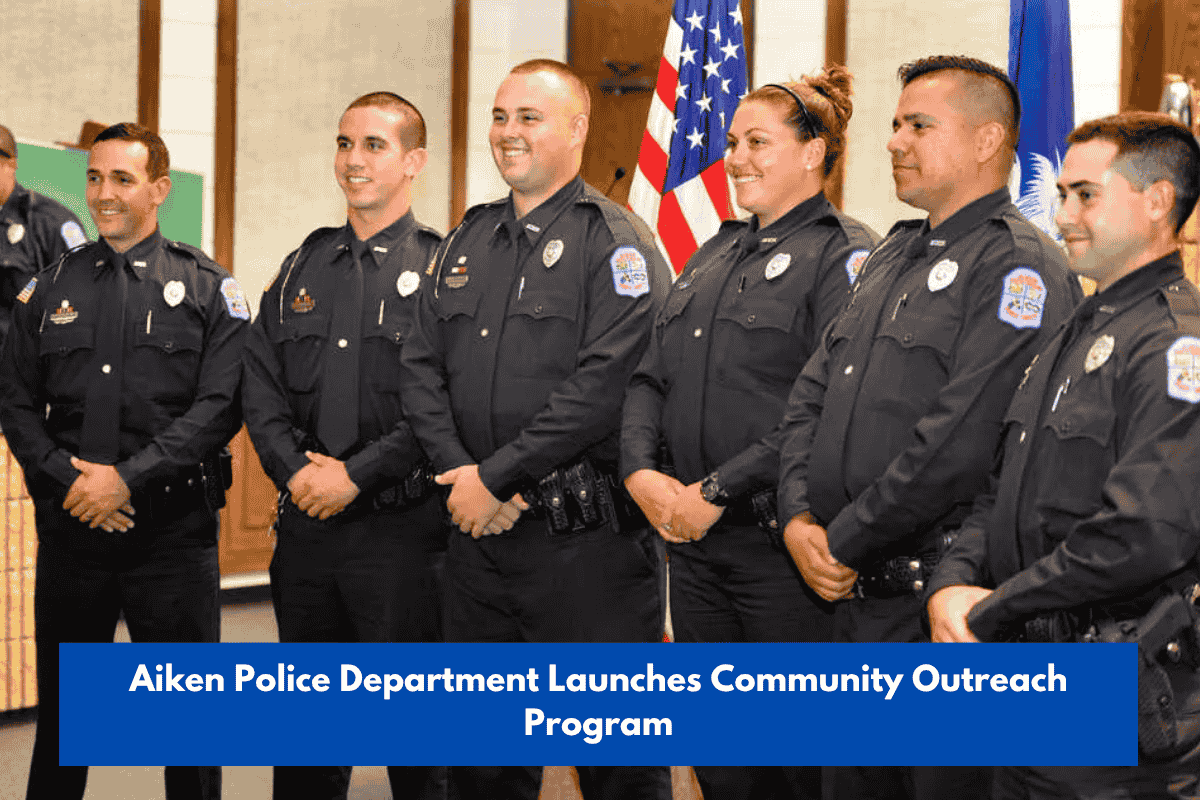The Trump administration has strongly opposed California Governor Gavin Newsom’s efforts to secure discovery documents and depositions in a legal case aimed at removing the National Guard from the streets of Los Angeles. This legal battle centers around Newsom’s efforts to challenge the federalization of the California National Guard and the role of President Donald Trump in deploying the Guard to the state.
Background of the Case
Earlier this month, U.S. District Judge Charles R. Breyer, a Bill Clinton appointee, issued a temporary restraining order (TRO) that questioned whether President Trump had the authority to send National Guard troops to California. The case arose after Newsom filed a lawsuit seeking to block the deployment of the National Guard to Los Angeles streets, arguing it was unlawful under the Posse Comitatus Act (PCA), which limits the use of military forces for domestic law enforcement purposes.
However, the 9th Circuit Court of Appeals intervened twice, first on an emergency basis and later permanently, transforming the TRO into a preliminary injunction that favored the Trump administration. Despite the federal court’s ruling, some issues remain unresolved, and last week, California’s legal team requested additional discovery to investigate the federalization order and the duration of Trump’s control over California’s National Guard.
California’s Request for Discovery
In a 14-page brief filed on Monday, California’s legal team argued that discovery—which includes gathering written documents and conducting depositions—was necessary for unresolved issues, such as the duration of the federalization order and whether Trump’s actions violated the Posse Comitatus Act. The plaintiffs claim these issues have not been fully addressed by the 9th Circuit and should be explored in further detail.
The discovery request also sought access to new evidence to support a motion for a new preliminary injunction. This request could include depositions of national security officials who were involved in the decision to federalize the National Guard.
The Trump Administration’s Response
The Trump administration, through the Department of Justice (DOJ), strongly opposed the discovery request. In their 11-page brief, the DOJ argued that the plaintiffs had “lost this case” and that further discovery would be both procedurally improper and substantively unjustified. The DOJ stressed that the 9th Circuit’s decision had already affirmed the legality of the President’s authority to federalize the National Guard and that discovery could not affect the resolution of the preliminary injunction motion.
The administration further argued that the issues raised by California regarding the Posse Comitatus Act were already addressed by the 9th Circuit, and that the President’s actions were justified under federal law, particularly a statute that allows the President to federalize the National Guard when it is necessary to execute the laws of the United States.
The DOJ also criticized the timing of California’s discovery request, calling it “too late” and “burdensome.” They emphasized that California had previously failed to raise the need for discovery during the briefing process, and the case had already moved into a phase where discovery was unnecessary.
The Durational Issue
Another contentious point in the case is the duration of the federalization order. California’s legal team has argued that it is unclear how long the federalized National Guard will remain deployed in California, which could potentially affect the legality of Trump’s actions. The DOJ rejected this argument, asserting that any decision regarding the deployment would be at the discretion of the Secretary of Defense and that the 60-day time frame for National Guard deployment had not yet expired. Therefore, any discovery into how long the mission will last would be “speculative” and premature, according to the government.
Alleged Forum Shopping
The Trump administration also accused Newsom of “forum shopping”, claiming that he filed the case in the Northern District of California, which is based in San Francisco, instead of the Central District, where the events at the heart of the case took place. The DOJ argued that Los Angeles—where the National Guard troops were deployed—should be the proper jurisdiction for the case, and if discovery were granted, the case should be transferred to the appropriate district court in Los Angeles.
Next Steps in the Case
For now, the case remains in the courts, with the Trump administration rejecting the discovery request and continuing to argue that the 9th Circuit’s ruling should be upheld. Governor Gavin Newsom and California’s legal team are pressing forward, arguing that unresolved issues still need to be addressed through discovery and further examination. The court’s decision on whether to grant discovery could have significant implications for the future of the National Guard’s deployment in California.




